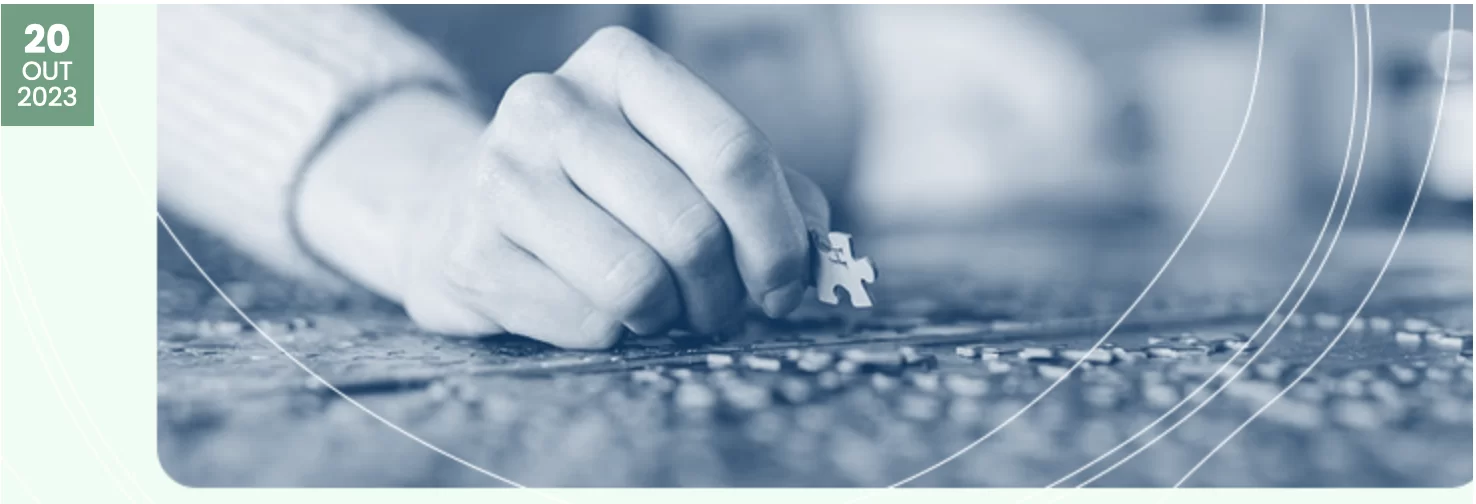In a period as difficult as the pandemic in Brazil, we noticed how alliances formed in different sectors of society managed to be agile in raising resources and helping people.
Mobilizations that emerged on messaging apps, crowdfundings and campaigns led by celebrities, to name a few examples, provided a quick response to urgent issues: purchasing protective materials, such as masks and alcohol gel, oxygen cylinders, basic food baskets and meals.
Brazilians' empathy has gained strong allies with technological evolution: both due to the ease of communicating and working in a network, and due to banking innovations that make resources reach the end quickly.
In this context, an illustrative case is Pix , an instant bank transfer technology launched at the end of 2020 that was soon adopted by civil society organizations. A survey by the Brazilian Association of Fundraisers (ABCR) released in August showed that 79.6% of NGOs adhered to Pix and the intention of 15.9% of institutions to adopt the new feature soon.
Among the organizations that responded to the survey that were already using Pix, the vast majority (82.1%) stated that fundraising was made easier. Regarding the volume of donations, 47.9% indicated that there was an increase after adopting this new payment method.
The countless lives of artists broadcast in the first half of 2020 brought to light a technology that was not exactly new: a QR Code in the corner of the screen made it possible to collect significant donations, some reaching millions, in just a few hours of the show.
All of these facilities help to strengthen the culture of donation in the country — which also follows economic trends and movements in society. Making a donation is increasingly easier and faster, but we need to move forward so that it becomes something more common in everyone's routine.
Tools evolve, and we also need to improve our behavior and face our responsibility in the face of so many necessary changes.



 ">
">


